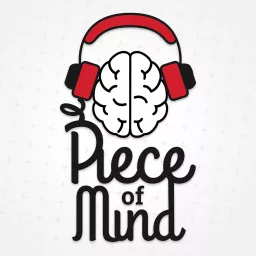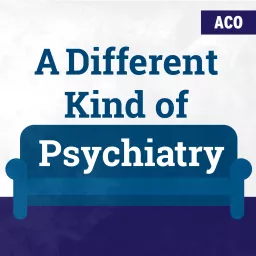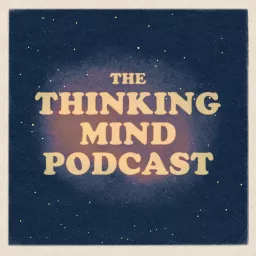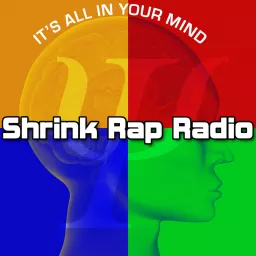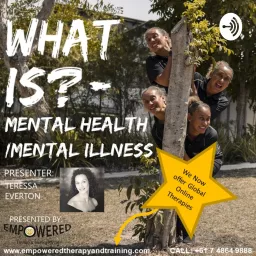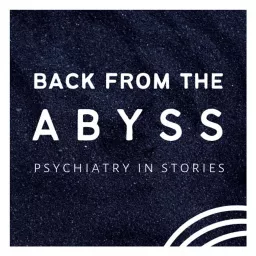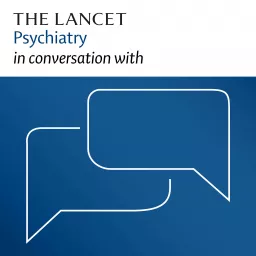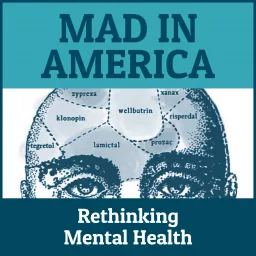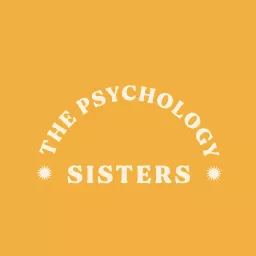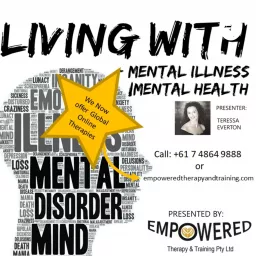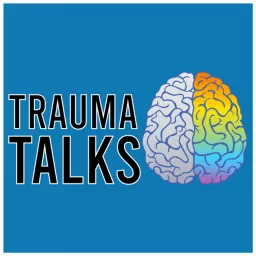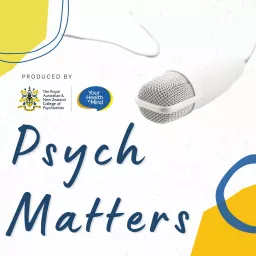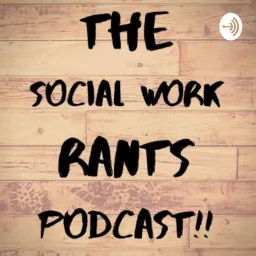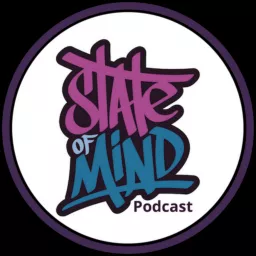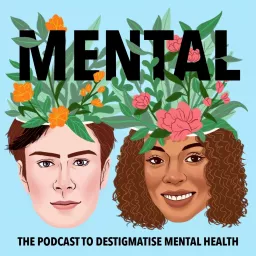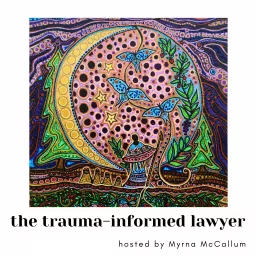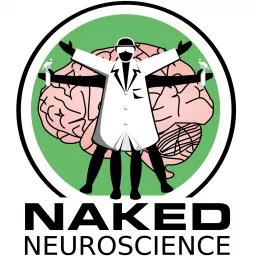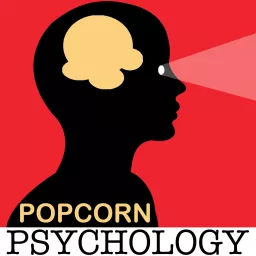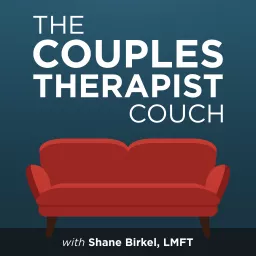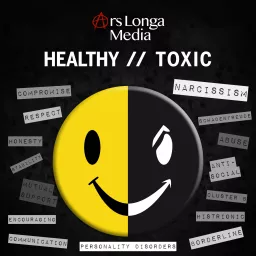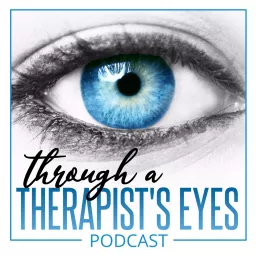Bringing Psyche Back to Psychiatry with Paul Minot MD
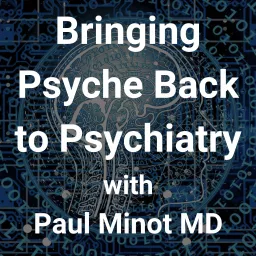
Whatever happened to the mind?
After 40 years of clinical practice, I've become disillusioned with my profession's half-baked model of care. I'm not advocating abandonment of psychiatric treatment, but modern psychiatry is functioning in a dream world of half-baked science--utterly ignorant of how thought is generation, how memories are stored, and what constitutes the mind.
We have deluded ourselves with contrived diagnoses concocted by our trade association, and have dismissed the likelihood that many of our patient's complaints are the result of restless minds wrestling with real world problems. Many of them could benefit greatly from exploration of those issues, and the consideration of psychological remedies. But none of this will happen as long as we pretend that the mind doesn't even exist.
I've formulated a hypothetical model explaining the existence of thought and mind, proposing that the brain utilizes our nucleic acids (DNA and RNA) to store digital memory and execute thought in a manner much like our computers do. If this model is valid, it means that psychiatry is using hardware interventions to treat software problems. We wouldn't do that with our favorite laptop--why do that with our precious brain-mind?
In this podcast I explore the flawed science, misconceptions, and failures of psychiatry's reigning biological model of treatment. I will apply education, common sense reasoning, occasional rant, and some well-deserved mockery to debunk psychiatry's myths, and to educate the public on our need for a more holistic approach to treatment--one that will take full stock of the wonder that is our mind, rather than neglecting its existence.
